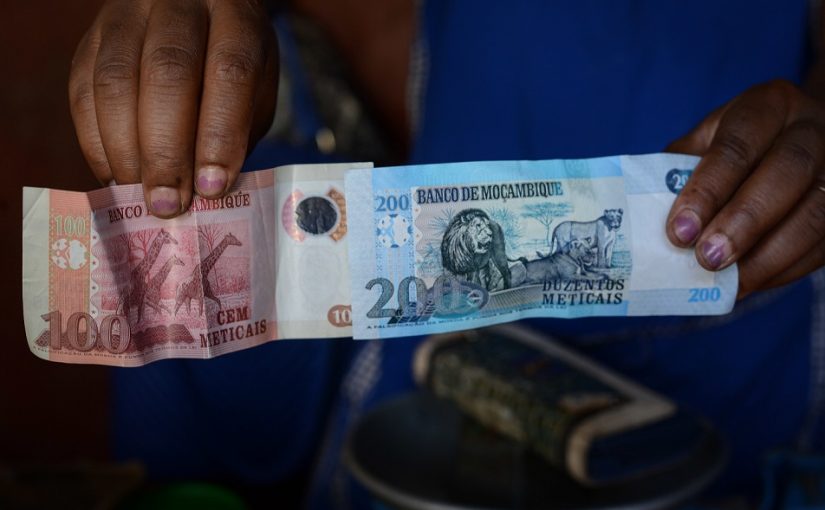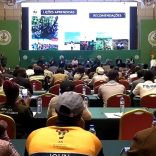Bank of Mozambique says banks are solid, capitalized and resilient
Mozambique: Minimum wage negotiations remain suspended – AIM report

File photo: Lusa
Mozambique’s Deputy Minister of Labour, Rolinho Faruk, on Thursday claimed there could be no further discussion on increasing the minimum wage this year because of the negative impact of the Covid-19 pandemic on the national economy.
The minimum wage is normally discussed in the first quarter of every year in the Labour Consultative Commission (CCT), the tripartite negotiating body between the government, the trade unions and the employers’ associations.
This year the negotiations began on 18 March, but the pandemic was used as an excuse to interrupt the talks. Negotiations were suspended in mid-April when Labour Minister Margarida Talapa announced that the members of the CCT, “assessed the situation and agreed to suspend immediately the negotiations on the national minimum wages for this year”.
She claimed that the decision to suspend talks was taken to guarantee the maintenance of jobs. Talapa said it will be up to the CCT to decide when to resume the negotiations.
But Faruk seems to have postponed any resumption of the talks into 2021, claiming that any resumption will depend on improvements in the economy and in the business fabric.
Speaking to reporters in Maputo during a national meeting on migrant labour, the deputy minister said “everything has to do with economic growth. We can’t discuss wages without first looking at the pulse of the economy. We still have companies that are strongly feeling the impact of Covid-19”.
He added that the Labour Ministry is drawing up a survey of companies severely affected by the pandemic. The sectors worst hit, he added, were the building industry and the hotel and tourism industry.
The call for workers to forego their annual wage rise would be more compelling if Mozambican politicians showed any sign of willingness to make comparable sacrifices. Instead, in early April the country’s parliament, the Assembly of the Republic, voted itself an enormous increase in its budget. The Assembly’s operational budget (i.e. excluding capital expenditure) for 2020 almost doubled, to reach 2.8 billion meticais (about 42 million US dollars, at current exchange rates).
Commentators found particularly outrageous the money spent on the “reintegation” into society of parliamentary deputies. This is money given to deputies of the outgoing legislature – even if they were re-elected in last October’s general election. This handout is around four million meticais per deputy.
So regardless of Covid-19, the deputies will receive their reintegration allowance, but ordinary workers are to be deprived, at least temporarily, of the annual pay rise they were expecting.
There is no national minimum wage. Instead the wages are negotiated sector by sector. The main trade union federation, the OTM, calculated in 2019 that to provide a basic basket of goods and services for an average family, a minimum wage of 19,600 meticais (268 US dollars, at current exchange rates).
The monthly minimum wages agreed in 2019 came nowhere near 19,600 meticais. They ranged from 4,266 meticais for fishery workers on Lake Cahora Bassa in Tete province, to 12,760 meticais for workers in banking, insurance and other financial services. The minimum wage for public sector workers was just 4,467 meticais a month.
The CCT only discusses the minimum wage. Anything above the minimum is a matter for collective bargaining between unions and employers in each company or workplace. More enlightened employers tend to pay their workers more than the statutory minimum, and there is nothing to prevent companies paying workers more this year, regardless of the CCT negotiations.













Leave a Reply
Be the First to Comment!
You must be logged in to post a comment.
You must be logged in to post a comment.